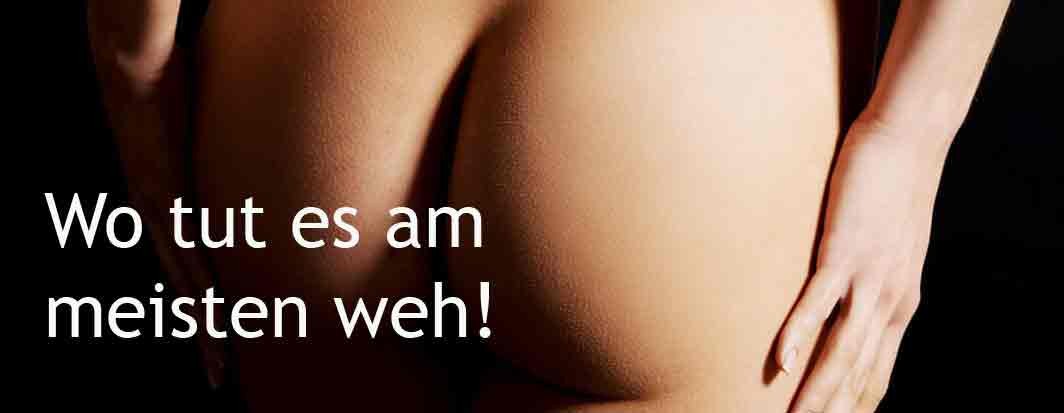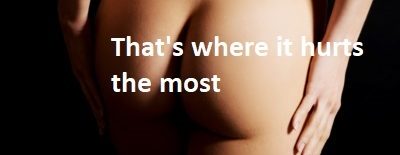Faecal incontinence; a taboo
Definition
Fecal incontinence refers to the uncontrollable discharge of gas, mucus, fluid or solid stool. It means that you can not restrain faecal voiding. Although fecal incontinence is common, many patients do not dare to go to the doctor and get help Age, pelvic weakness, rectal trauma are all causes aggravating this problem. There are several medications that help; for example, stool passage through the intestine called the “colon transit time” can be prolonged. Excessive pathology may require surgery, but the ideal way is to start with fibre rich diet, stool and pelvic training and, eventually, rubber band ligation of the prolaps is the best way to remedy the situation.
The most common causes of sphincter incontinence are changes in the anal canal, often accompanied by nervous disorders in this region. These include sphincter damage by:
previous operations
injury
births
The sphincter weakness, usually associated with a descent of the pelvic floor (Descensus perinei). It mainly affects patients with chronic constipation and requiring frequent exessive pressure to properly evacuate bowel movements. Advanced haemorrhoidal disease with prolaps hinderinng proper sensory continence will produce soiling. The sensitive haemorrhoidal cushion is so swollen that urgency, stool retention, or stool passage through the anal canal can not be adequatly perceived (sensory incontinence).
Only a few patients with such a disease trust a doctor – mainly because of the embarrassment of the problem and because of the possibly experienced frustration of an insufficient clarification followed by a non-targeted treatment. Presumably there is a large number of unreported cases of patients with incontinence who are socially withdrawn and become outsiders. In the US, 3 million citizens are affected. The prevalence in the population over 65 years reaches 11/1000 among men, and over 13/1000 among women. In 45-year-old women, the incidence of faecal incontinence is eight times higher than in men of the same age.
Degree
I: Incontinence for gas, no stool smearing
Grade II: loss of control for winds and fluid to tarry stool
Grade III: Constant soiling
Pathology
The reasons for the lack of stool control are manifold:
In diarrhea, it can happen that the defecation is involuntary.
In old age, sphincter control is weakened
In women, birth delivery may often damage the sphincter. This does not have to be noticed immediately after birth. Frequently, incontinence only appears much later.
Diabetes can lead to nerve damage that disturbs the occlusion mechanism.
Following surgery to the rectum, e.g. because of haemorrhoids, incontinence may occur.
Rectal trauma can lead to incontinence.
In case of severe constipation, it can happen that the liquid stool goes off involuntarily past the hard masses of the stool.
risk patients
Constipation
chronic diarrhea
Sphincter weakness: sphincter weakness after multiple pregnancy,
after sphincterotomy
diagnostics
Necessary examinations: Ideal is the gradual procedure in the following specified order:
Past history and clinical examination. In the case history, type of medication should not be missed. Already gives the experienced examiner decisive information on the possible cause and severity of the disease state and decides the further examination procedure.
Proctological examination: includes not only the inspection and digital examination, but necessarily an endoscopic examination with the proctoscope. An obligatory study to assess the sphincter anatomy with endosonography.
Pressure measurement of the sphincter apparatus: This is done with the help of a measuring probe. At the same time the rectal filling perceptions and the reflex relaxation reflex (= normal relaxation of the inner sphincter during the filling of the rectum) are checked by removing a balloon.
X-ray examination of the deflation procedure (defecography): Is extremely valuable if there is a suspicion of an internal rectal prolapse or miscarriage of the pelvic floor or rectum during emptying in the event of incontinence with a simultaneous deflation disorder. (Rectocele formation = protuberance of the rectum).
Therapy
Regular defaecation is primordial, and should be practiced. Furthermore, you should eat lots of fiber. This will influence stool constistence, adding volume for easier voiding. All treatments are based on simple non-surgical measures, which in some cases are complemented by surgery.
The therapy concept is naturally designed by the specialist who has carried out the investigation and has sufficiently explained to the patient the causes of his symptoms. Basic therapy with sphincter training and pelvic floor exercises, stool control and preventing constipation and heavy pressing to void.
Biofeedback Training:
By means of a sensor introduced into the anal canal, the patient can display on the screen the behavior of the different parts of his sphincter muscles during pressing
and emptying, correcting or relearning lost or abnormal reflexes.
Operative treatment
Indication:
Fine contraction disorder = sphincter reconstruction
Beginning of symptomatic prolaps – Rubber banding
Rectal prolapse with incontinence = resection or rectopexy
Descensus perinei = pelvic floor plastic
Code of Conduct
- Increase the amount of fiber in the diet with plenty of vegetables, salad or fiber-rich fruit (eg oranges, pineapple). Bananas, pears contain hardly any ballast.
- Take 1-2 tablespoons of flaxseed (or linseed, brown grains) 2 times a day, not crushed, not ground, added as an aftertaste. Eg yoghurt, buttermilk, cereals, applesauce, mashed potatoes, etc. Linseed bread is not enough! The grains contained in it are burnt, they no longer swell. Flaxseed also has no effect because flaxseed
only swells as long as the fiber capsule is intact! You do not need to drink more if you are taking flaxseed as usual to quench your thirst. Do not chew grains! Pre-soaking not required. - Stool shape; “normal” is the “sausage” (no “globules”, no pulpy or “mushy” stool). The rectum should generally deflate without you having to squeeze hard.
- Do not force yourself to have daily bowel movements. Note the above rule of thumb.
Go to the toilet, if you feel stool, make it short: empty, clean, get up. No “cigarette length”, no newspaper reading. - Prior to leave the house, use a suppository or enaema if your going out
- Look for the next toilet as soon as you feel the need; Do not hold the chair back any longer: otherwise you will permanently paralyze the deflation reflex and become constipated. The restrained “grafting” promotes your rectum suffering.
- Strengthen the abdominal muscles with simple gymnastic exercises: Lay on your back, put on your legs, put your hands back, straighten your upper body.

